Short News
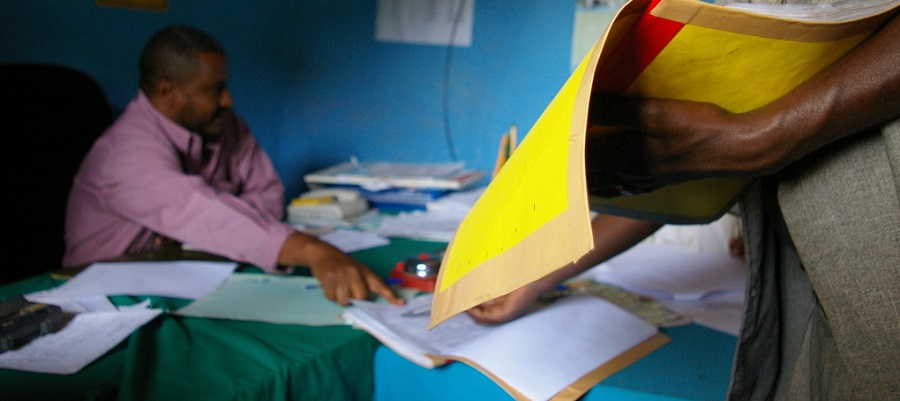
Thousands of Ethiopian entrepeneurs
Since 2013, 19.000 Ethiopians have been trained in entrepreneurship and economy to open small companies. The goal is to create 200.000 local jobs.
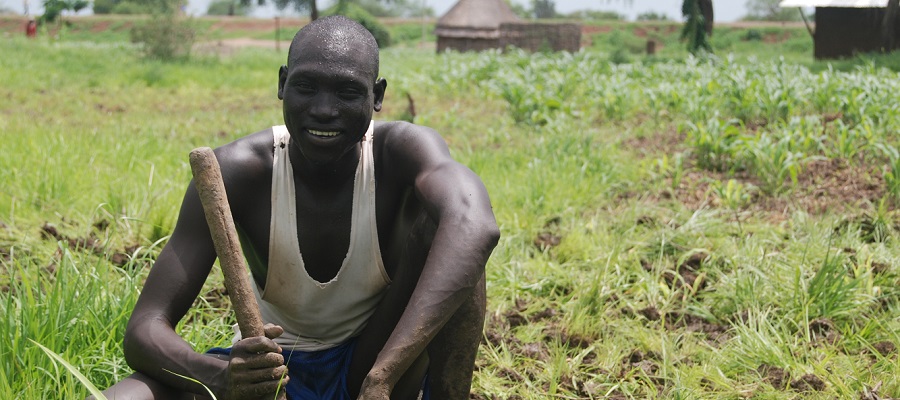
Ethiopian farmers harvest more
Since 2011, 1,3 M Ethiopian farmers have learned new farming methods, gotten access to ferttilizer and new seed types. Their harvests are now 44 percent bigger.
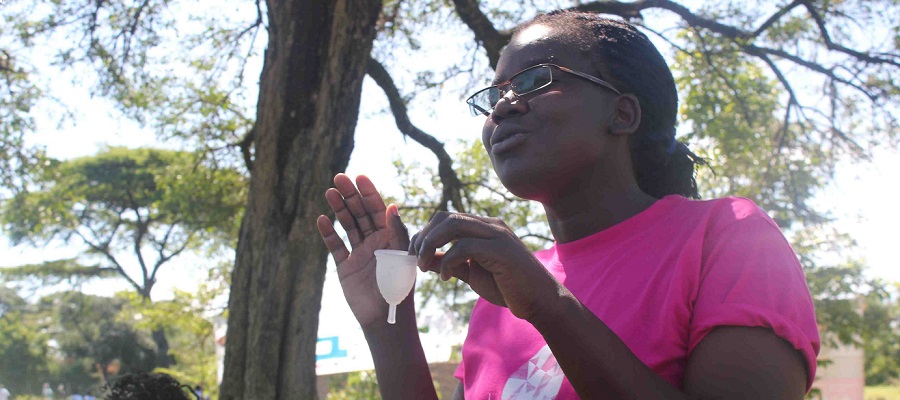
Menstrual cups ensure school
5000 African girls have received menstrual cups to mitigate that girls in developing countries skip up to 20% of school days out of fear of bleeding through.
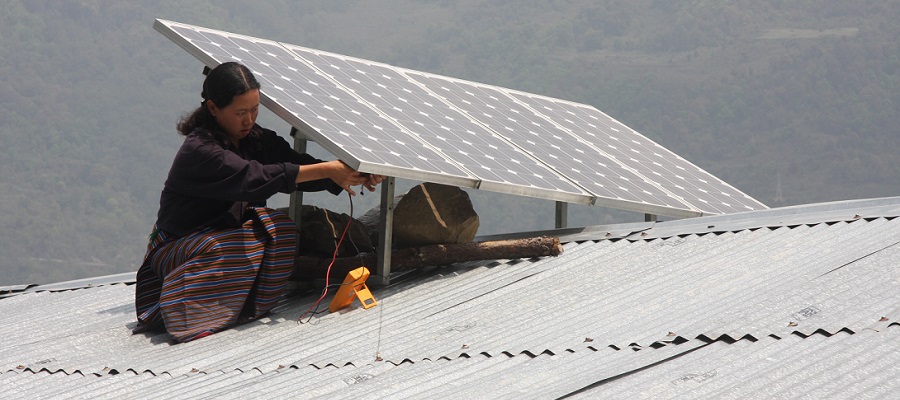
Women build solar panels
Poor uneducated women from 18 countries have learned about solar panels in India. They’ve built panels providing power to 22.700 people in their home countries.
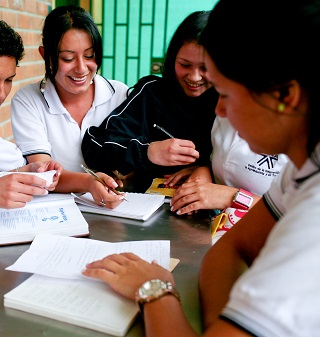
Colombian girls rush to school
The number of girls in Colombia finishing secondary school has risen fast. In 1989, 37% of girls completed secondary school. In 2011, the number was 94%.
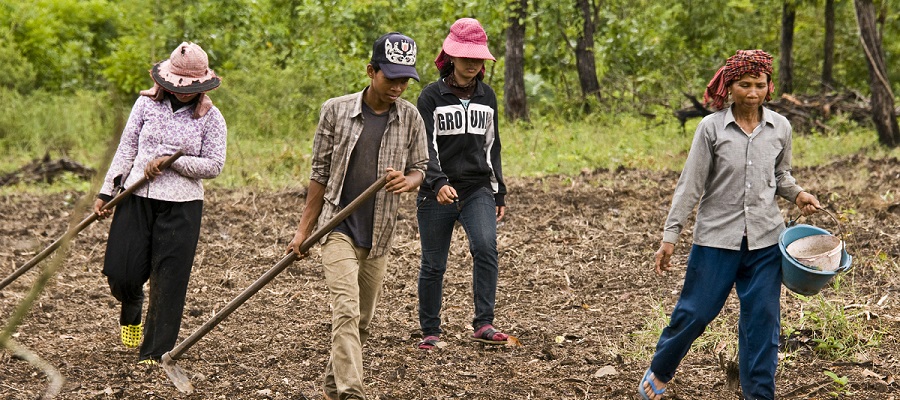
Mines are cleared away in Cambodia
Since 2011, Cambodian mine sweepers have cleared more than 73 million square meters for mines and ammunition, creating space for roads, schools and fields.
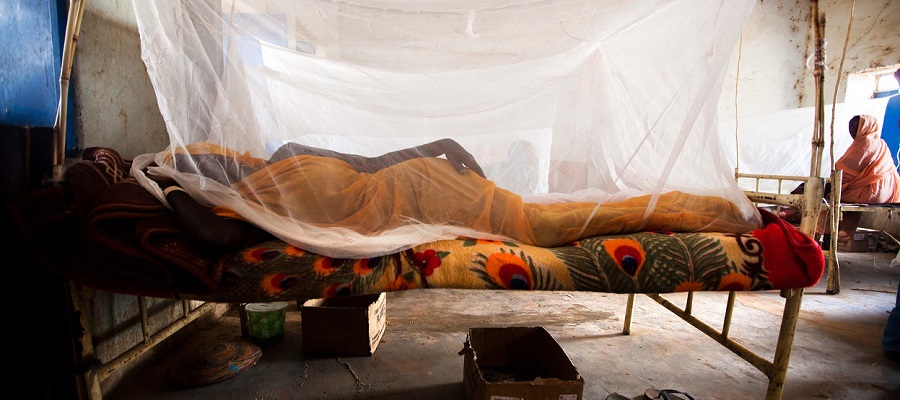
Malaria is down 92% in Eritrea
Between 1998-2006, the number of malaria cases in Eritrea went down 92% by draining mosquitoes’ breeding grounds and extensive use of mosquito spray and nets.
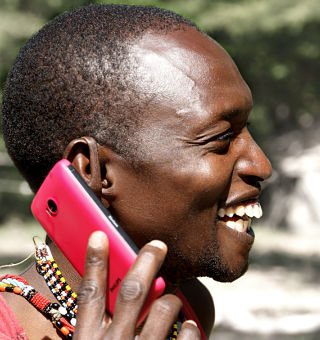
Haiti halves child mortality
Conditions in Haiti slowly progress since a destructive earthquake hit the country in 2010. Since then the mortality rate for children under 5 has been halved.
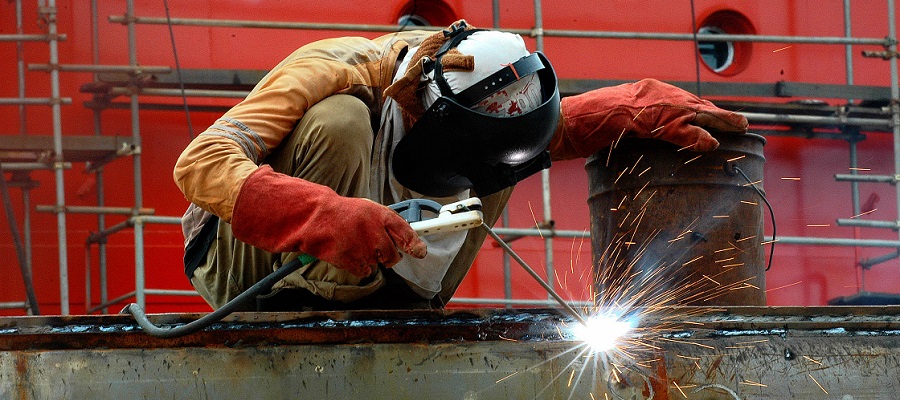
More people have decent work
The global proportion of workers without rights for decent working conditions and pay has declined from 56 to 45 percent between 1991 and 2014.
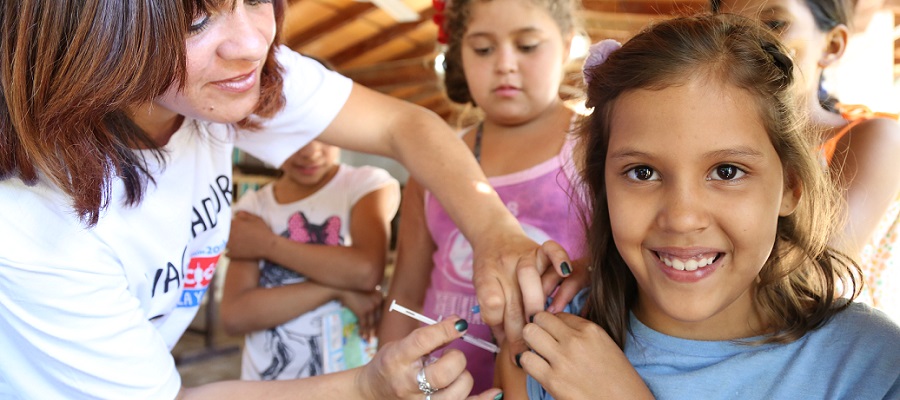
Fewer people die of measles
Measles vaccines have saved more than 15.5 M lives between 2000 and 2013. The number of reported cases declined by two-thirds for the same period.
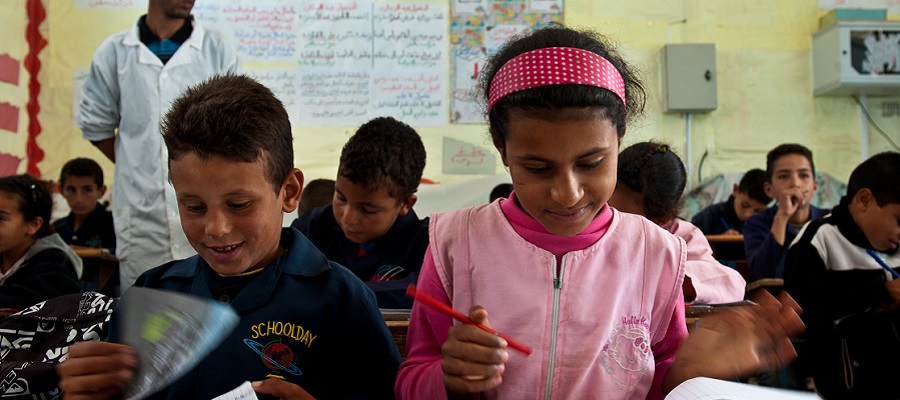
Many more Tunisian girls in school
In Tunisia in Northern Africa, the numbers of girls attending school have risen dramatically. In 1990, only 38% of girls went to school. In 2011, it was 94%.
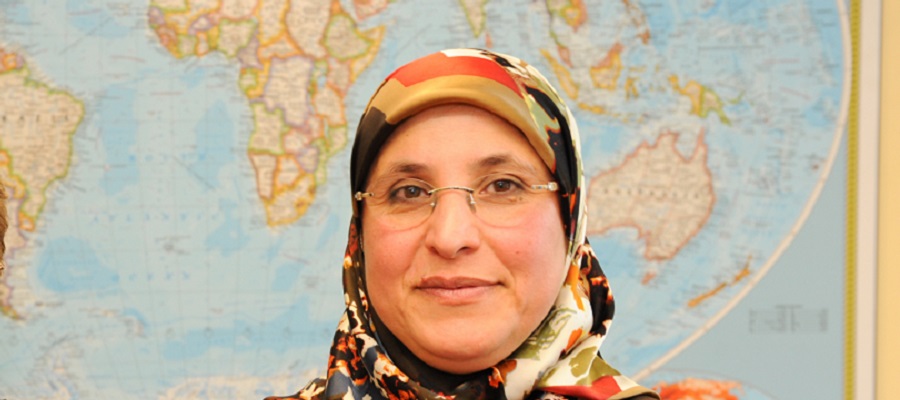
Moroccan women in parliament
Since the 1990s the Women’s Rights Movement in Morocco has fought for political power for females. Now, 17% of Moroccan MPs are women, up from 1% in 2003.